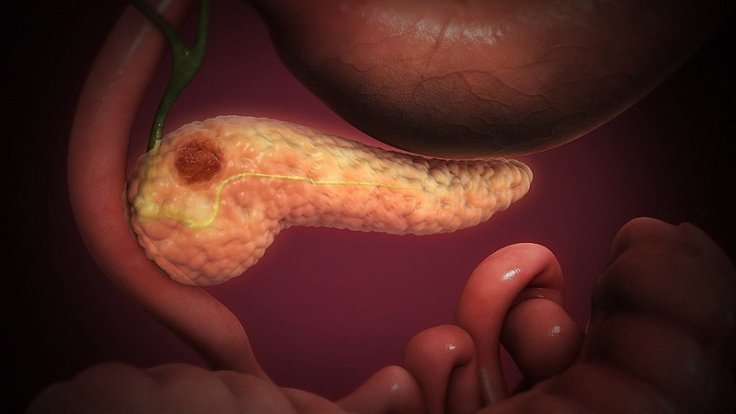Higher levels of carbon dioxide (CO2) in the body can lead to various ailments. A respiratory disease characterised by high levels of CO2 and low levels of oxygen, known as chronic obstructive pulmonary disease (COPD) is linked to the increased rates of various forms of cancer. However, little is known about its association with pancreatic cancer.
A study by researchers from Thomas Jefferson University found that high levels of CO2 not only increased the aggressiveness of the pancreatic tumour cells but also their resistance to treatment.
Discussing about this link between CO2 levels and pancreatic cancer, Avinoam Nevler, first author of the study, said in a statement, "If carbon dioxide indeed contributes to disease progression, we may have an opportunity to improve treatment response not only by focusing on oxygen but by normalizing carbon dioxide levels in patients as well."
Chronic obstructive pulmonary disease (COPD)

COPD is associated with an increase in cancers such as bladder, breast, colon, oesophagus and lung cancer. It is often set off by years of smoking. Those afflicted face difficulty in breathing, which in turn results in a decrease in the levels of oxygen in the blood, and raises the levels of CO2 dissolved in the blood.
This condition, marked by low oxygen levels is known as hypoxia. Importantly, hypoxia is a characteristic feature of the microenvironment of pancreatic cancer, which in turn makes pancreatic cancer tumour cells resistant to treatment and aggressive. "Patients with these respiratory diseases usually start to accumulate excess CO2 in their bodies before they develop symptomatic lack of oxygen," Nevler said.
The link between CO2 levels and pancreatic cancer
The researchers examined 568 patients, and also analysed pancreatic tumour cells lines in the laboratory along with historical patient data for a link between pancreatic cancer and COPD. Higher levels of CO2 were found within the microenvironment of the pancreatic tumour according to earlier research. Through this study, scientists demonstrated that by raising the levels of CO2 similar to those found in pulmonary patients, aggressive growth and spread was found in the cell cultures.

Following the increased exposure to CO2, the cultured cells were treated using radiation therapy and common chemotherapeutic drugs. They found that these cultured cells showed higher resistance to the treatment when compared to cell cultures exposed to regular CO2 levels.
Testing the link in human beings
Testing the applicability of this link in human beings was the next step. For this purpose, the authors gathered surgical records of pancreatic cancer patients who also suffered from COPD or asthma.
It was difficult for them to segregate the contribution of oxygen and CO2 levels to cancer's condition in these patients. However, they found that among patients with severe lung diseases, there was an increased chance of 60 percent of the recurrence of cancer.
Stating that further study was required for a stronger establishment of the link, Dr Nevler said, "We are currently in the process of designing a clinical trial to test these modalities and hopefully extend patients' lives by normalizing CO2 levels and re-sensitizing the cancers to standard pancreatic chemotherapy."









